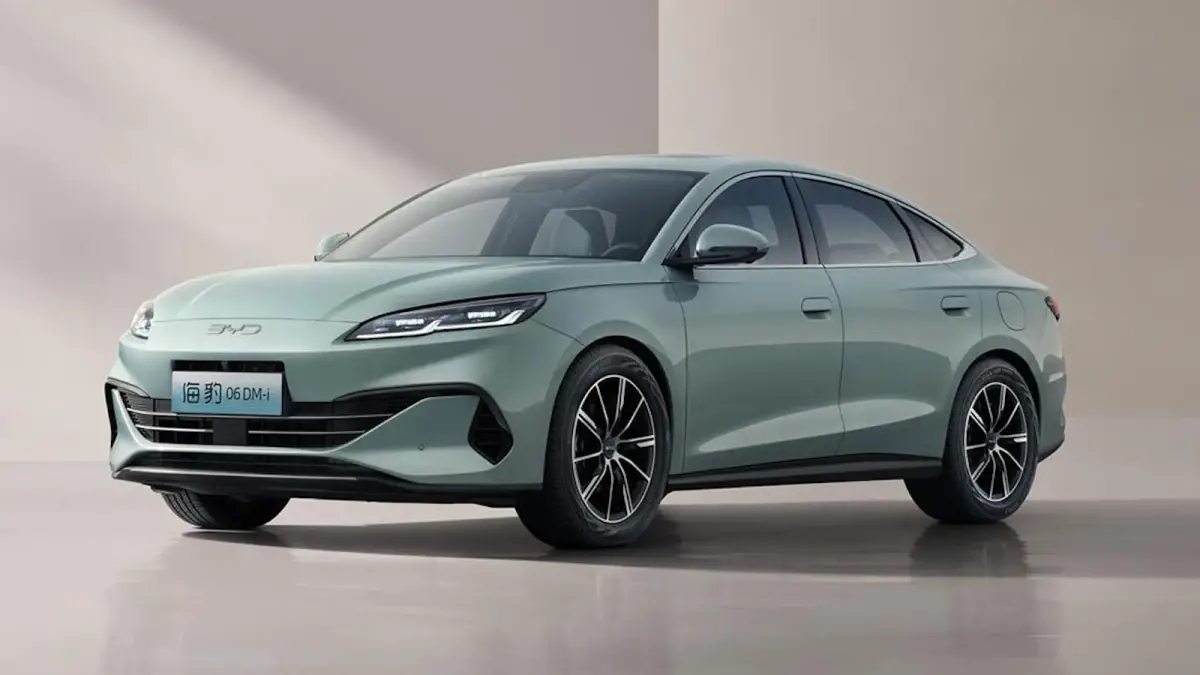BANGKOK — Auto sales in China faltered in July, falling 5% from a year earlier, the China Association of Automobile Manufacturers said Friday, although exports jumped about 20% as makers of electric vehicles expanded into global markets.
Sales of passenger cars totaled about 2 million units, with about 1.6 million sold inside China, a year-on-year decline of 10%. Total exports of passenger vehicles jumped more than 20% to 399,000 units.
More than half of all vehicles sold were so-called “new energy vehicles,” or electrics and plug-in hybrids.
Chinese automakers have ramped up exports of vehicles as demand has lagged in their home market and the U.S. and European Union have raised tariffs on the grounds that government subsidies offered by Beijing give automakers in China an unfair advantage.
China’s Commerce Ministry said Friday that it had submitted the provisional tariffs imposed in early July to the World Trade Organization’s dispute settlement mechanism.
“The EU’s preliminary ruling lacks a factual and legal basis, seriously violates WTO rules, and undermines the overall situation of global cooperation in addressing climate change,” the ministry said in a statement on its website.
“We urge the EU to immediately correct its wrong practices and jointly maintain the stability of China-EU economic and trade cooperation and the electric vehicle industry chain supply chain,” it said.
To try to boost demand and counter slowing economic growth while also promoting cleaner transport, China has expanded incentives to encourage drivers to trade in their older, gas and diesel-fueled cars and buy EVs.
While overall car sales have remained lackluster, sales of EVs rose nearly 30% in July from the year before to about 991,000. Of that total, 887,000 were sold in China and 103,000 were exported.
Sales of foreign automakers have stalled or fallen this year, attesting to intense price competition in an oversaturated market.
The share of auto sales held by Chinese automakers has been growing quickly and stood at two-thirds of all vehicle sales in July, as sales of their vehicles rose 10%, the report said.
Most vehicles sold in China in January-July were priced between 100,000 yuan to 150,000 yuan (about $14,000-$20,500), the industry association said. The largest share of EVs sold were priced between 150,000 yuan to 200,000 yuan ($20,500-$28,000).
China’s Chery Automobile, SAIC Motor and Geely Auto Group still export more vehicles, most of them conventional fuel engine models, than EV makers like BYD and Tesla. But the latter are quickly gaining in the market. BYD exported 31,000 EVs and hybrids in July, while Tesla’s exports totaled 28,000, the report said.
In the first seven months of the year, BYD exported 2.38 million EVs, to Tesla’s 1.76 million, it said.
The lion’s share of China’s auto exports this year went to Russia, the report said, citing customs figures. Russia imported 478,000 Chinese-made vehicles in the first half of the year, nearly all of them with conventional internal combustion engines. Mexico imported the second most, at 226,000, followed by Brazil, with 171,000.
The source of the data in this story has been corrected to the China Association of Automobile Manufacturers.











